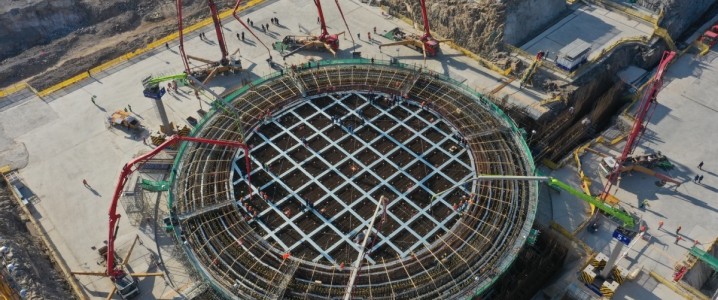By Julianne Geiger
Nigeria and China will strengthen ties through a new nuclear energy partnership, a government spokesperson said on Tuesday.
At the 2024 Summit of the Forum on China-Africa Cooperation (FOCAC) in Beijing, both nations signed a comprehensive agreement to enhance collaboration in the Belt and Road Initiative, human resource development, and nuclear energy. The alliance is expected to bolster development, stability, and security in the West African sub-region.
Nigeria has been discussing the creation of its own nuclear energy industry for more than a decade.
China, Nigeria’s largest bilateral lender, has already invested heavily in the country’s infrastructure, with $5 billion in loans at the end of March 2024. The partnership between the two countries has included critical projects, including a deep sea port and extensive rail lines under the Belt and Road Initiative since their cooperation intensified in 2018.
President Bola Tinubu, who attended the summit alongside leaders from 50 African nations, highlighted the potential for this strategic partnership to drive growth not only in Nigeria but also across Africa, emphasizing the importance of stability and security.
Chinese President Xi Jinping stated that the enhanced strategic coordination between China and Nigeria would inject fresh momentum into China-Africa relations and promote collective progress among Global South countries.
During his visit, President Tinubu toured the Huawei Research lab, securing a commitment from the tech giant to establish a joint solar PV test lab in Nigeria. Another Chinese company pledged to build an assembly plant for electric tricycles and train Nigerians in technology and renewable energy development.
This agreement comes as China is poised to embark on a record-breaking nuclear expansion that will see it build more nuclear power plants than any other country in the world in what will make it the world’s biggest nuclear generator by 2030. For Nigeria, the partnership offers a promising avenue for advancing its own energy infrastructure and sustainable development goals.
Source: Oilprice.com









